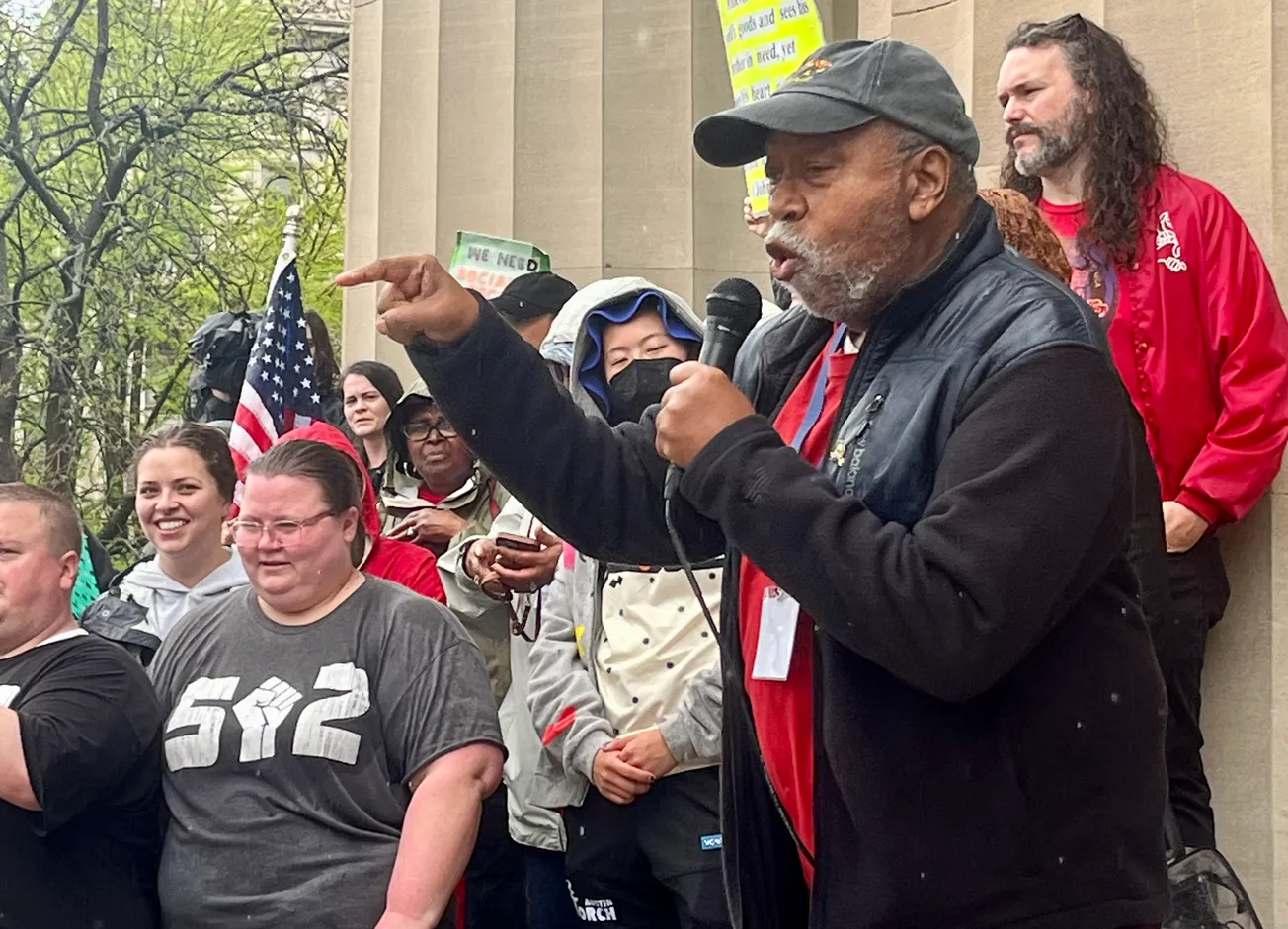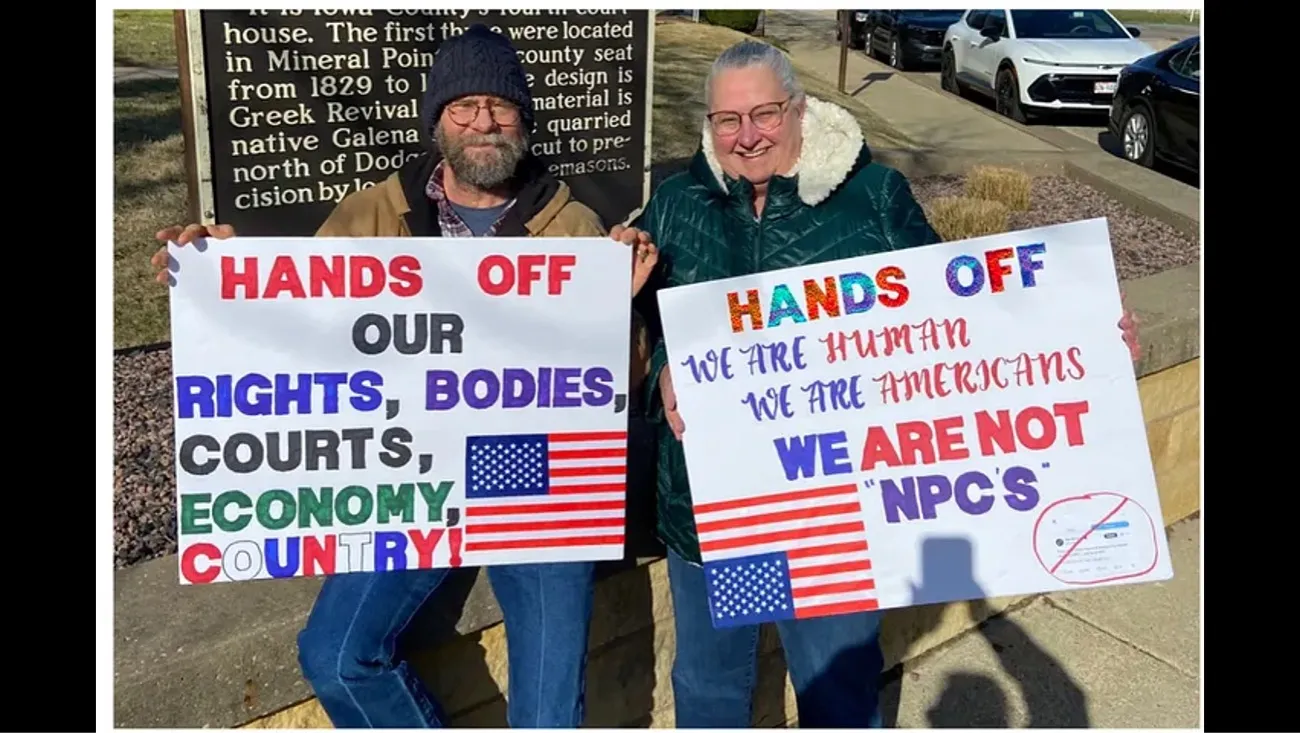The five freedoms of the First Amendment
Congress shall make no law (1) respecting an establishment of religion, or prohibiting the free exercise thereof;
or (2) abridging the freedom of speech, or (3) of the press;
or the right of the people (4) peaceably to assemble,
and to (5) petition the Government for a redress of grievances.
“I the have the right to say whatever I want.” That’s what I heard a college student say on the TV news recently.
It seems to be most common definition of free speech. We hear it everywhere. For all I can tell, it means that we have the right to vent our frustrations in social media or outside on the side walk. Lately, though, I’ve thinking that Dr. Phil would want us to elaborate on this basic definition. I can just imagine his first question. “How’s that working for you?”
How well it works for you would depend on your purpose. Venting frustrations might work just fine if you just want some person somewhere to hear you vent. On the other hand, suppose your purpose is to change a public policy or a law. You would want to be heard by many people in that case.
To accomplish that, you surely would want all five of the rights guaranteed to us by the First Amendment. Threaded together in this amendment are our rights to receive secular and religious information and ideas, to speak our personal opinions, to be heard by others, and to be heard by the government. It’s a package of rights known historically as “freedom of expression.”
The courts: protecting our right to speak, but not our right to be heard by our government
It’s not easy to exercise your freedom of expression at the present time, however. One big obstacle is the extremely ideological judges who dominate many of our courts. Most of them like to concentrate on the clauses within the amendment that guarantee our rights to speak without being arrested or persecuted, meanwhile ignoring the clauses that guarantee our rights to be heard. They don’t thread these interconnected rights in the way these rights are threaded in the 45 words of the First Amendment. Put simply, they are compartmentalizing the First Amendment.
So, these judges ignore our shrinking access to the means of free speech. In the 21st century, access to the means of free speech equates to access to television, radio, and the internet. At one time, there was a law called the “Broadcasters’ Fairness Doctrine.” It required television and radio to provide some free air time to “alternative points of view.” It lasted over fifty years. Back then, television and radio were known as “the public airwaves.” No more. This law was repealed by Congress in 1985. The air waves are essentially privatized today.
More of us likely remember “internet neutrality.” That federal law prohibited internet providers from giving preferential service to one user over another. The internet was said to be “E-democracy”. This law was repealed in 2017.
Money equals speech. No money? No speech for you.
Meanwhile, some would say these access-disconnects are not nearly as oppressive as the courts’ appalling decisions regarding money and politics. Ideological judges decided almost a generation ago that money should be treated as a form of free speech, and they followed that up in recent years with more decisions that have practically eliminated regulations on the use of money. In so doing, they effectively guaranteed the free speech of those with plenty of money, and suffocated the free speech of everyone else. No money means no speech in their ideology.
Why exactly is money a form of free speech, you might be wondering? These ideological judges opine it’s because spending money to buy political ads on television and radio is an essential step to speaking in that media. It seems they’ve already forgotten the Fairness Doctrine which allowed us speak in those media without money.
So yes, you are free to speak your mind. But getting the government to listen to you? That’s a different story.
And it’s not the way the founders of our country intended freedom of expression to work.
–30–
Written by Tom Louderback.







